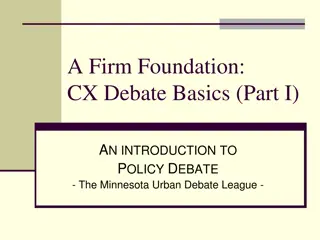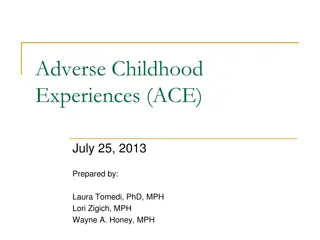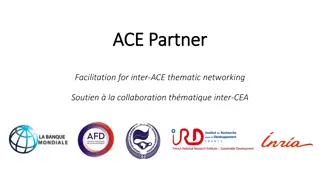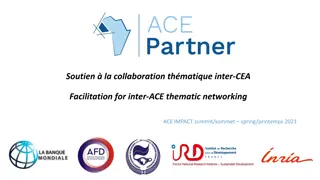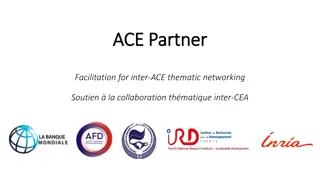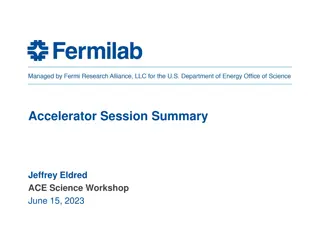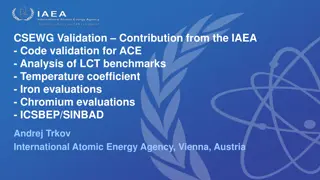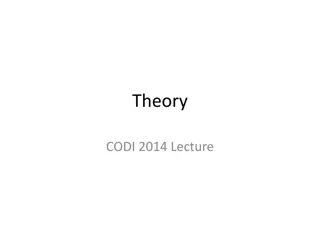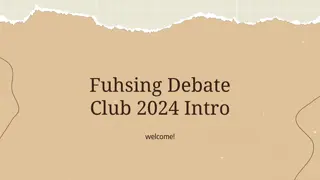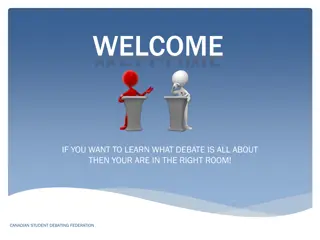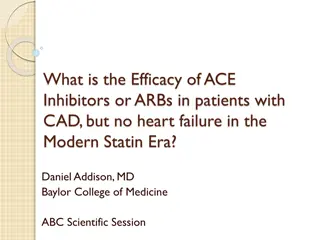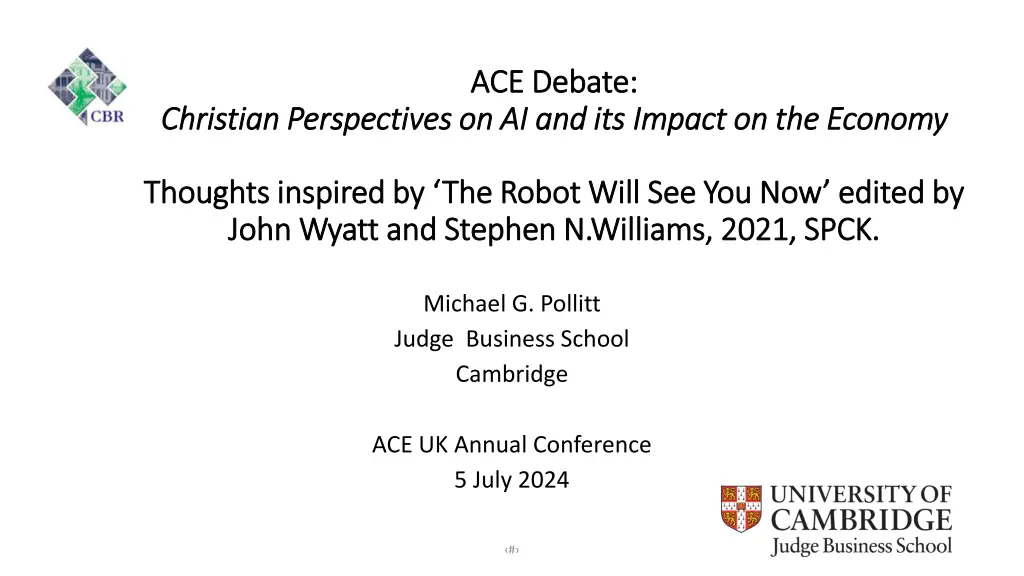
Christian Perspectives on AI Impacting the Economy
Explore Christian perspectives on the impact of AI on the economy, drawing inspiration from "The Robot Will See You Now." Delve into discussions on AI, lessons from technological history, economists' views, and the theology of work, reflecting on themes of labor, automation, and human creativity in the face of technological advancement.
Download Presentation

Please find below an Image/Link to download the presentation.
The content on the website is provided AS IS for your information and personal use only. It may not be sold, licensed, or shared on other websites without obtaining consent from the author. If you encounter any issues during the download, it is possible that the publisher has removed the file from their server.
You are allowed to download the files provided on this website for personal or commercial use, subject to the condition that they are used lawfully. All files are the property of their respective owners.
The content on the website is provided AS IS for your information and personal use only. It may not be sold, licensed, or shared on other websites without obtaining consent from the author.
E N D
Presentation Transcript
ACE Debate: ACE Debate: Christian Perspectives on AI and its Impact on the Economy Christian Perspectives on AI and its Impact on the Economy Thoughts inspired by The Robot Will See You Now edited by Thoughts inspired by The Robot Will See You Now edited by John Wyatt and Stephen John Wyatt and Stephen N.Williams N.Williams, 2021, SPCK. , 2021, SPCK. Michael G. Pollitt Judge Business School Cambridge ACE UK Annual Conference 5 July 2024 #
With thanks to John Wyatt and With thanks to John Wyatt and co co- -authors for the inspiration authors for the inspiration #
What is AI? What is AI? Sensors Processing of info Robots Singularity (Mathematician- John von Neumann) and Super- intelligence (Philosopher - Nick Bostrom) Scientists tend to think inevitability about AI and not much we can do about it (e.g. Geoffrey Hinton from Google). Somewhat self-fulfilling prophecies going on. 3
Lessons from history of technology Lessons from history of technology Industrial revolution: 1760-1820 Hours per worker have fallen from (2200 hours in 1950 to 1700 hours in 2013) Intensity of work has possibly fallen for some Expected number of years in retirement has risen Jobs have migrated to other sectors Value of unpaid work significant (averages 21 hours per adult per week in UK - ONS). Humans prefer humans to machines in certain cases Cost matters, some technological possibilities remain too expensive Regulation matters and actively prevents autonomous ways of working 4
Economists et al. on this issue Economists et al. on this issue (see Cameron, 2021) (see Cameron, 2021) David Ricardo 1817 machines hurt certain labour Maynard Keynes 1930 technological unemployment possible Larry Summers 2013 not so completely certain now Richard and Daniel Susskind 2015 - professions destroyed by AI Andy Haldane 2015 labour s share of GDP fell in Industrial Revolution Some possible revisionism of past and doubt about future. 5
Theology of work Theology of work We were created to work in a Garden (Gen 2:15): work healthy and pleasurable. At the Fall work became hard (Gen 3:19). We then created things to make life easier and to be like God (Gen 11:1-9). Work does not have to be paid or part of formal economy: e.g. looking after home or children. Worship and work same word in Hebrew, so worship is work. Good work can require rest: it did for God in creation (Gen 2:2). However work can make us slaves and, in some sense, we already work for machines driven by clock, pace of machine we operate, technical possibility. We already controlled by AI. 6
What is the economics of AI? What is the economics of AI? Supply and Demand: scientists always only think about supply of technology. Phones did not become smaller they became larger and we did not microchip ourselves for convenience. Human cloning was banned. Demand for AI robots, outside of factory, not clear. What would be resource cost of everyone having a robot? Regulation will be affected by distributional consequences. Privacy and rights of humans important. Lots of imagined AI will compete with simpler solutions. Disruption in middle class sectors such as law, accounting and healthcare could be large, but also arguably these are the sectors most able to adjust through repurposing and early retirement. Source: I Robot 7
Could AI be used for evil? Could AI be used for evil? Yes, of course. Already have international cyber-threats and malign country actors profiling their entire populations for threatening characteristics. However, society a lot more stable than films portray. COVID-19 demonstrated that society did not breakdown under a sustained and apparently existential threat. Star Wars vs Star Trek: In Star Wars weapons can destroy whole planets and humanoid life forages on scrap heaps. In Star Trek there is no scarcity (thanks to the Replicator) and no money. Terminator vs Passengers: In Terminator the AI takes over and attempts to destroy humanity with killer robots. In Passengers the AI allows humans to colonise a new planet and travel safely in a spaceship for 120 years. 8
Conclusion Conclusion There is no such thing as a free market. Markets can and should be regulated. Scientific discovery cannot be left to scientists (don t put Nimrod in charge!). It has so far been a wild west for technology companies with precious little regulation of their obviously harmful effects on society, with obvious parallels to tobacco, big pharma etc. Lots of regulation required and can solve easy things first with AI (like better analysis of medical scans). Need to be vigilant for signs of the times and to discern good and bad, and to focus on the good. Legitimate concerns about technology provides church with opportunities for evangelism and for providing meaningful human contact and volunteering. 9





